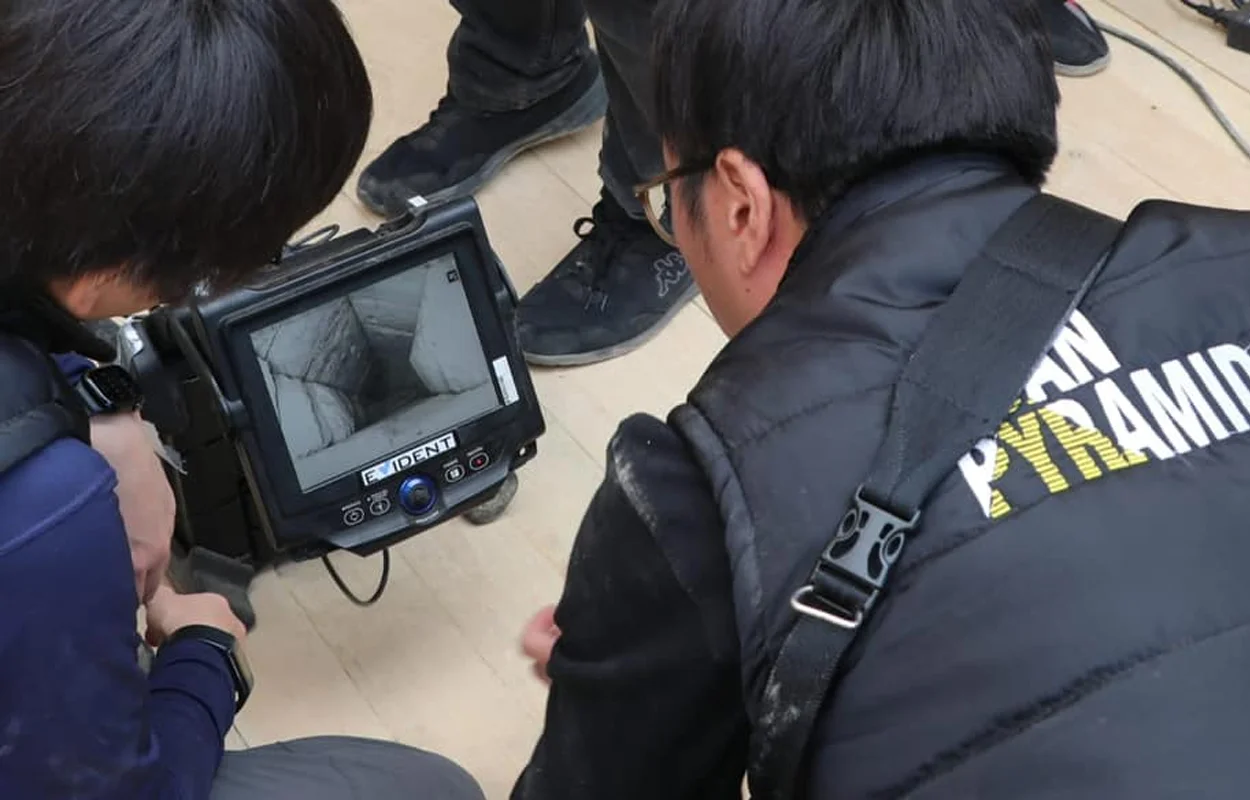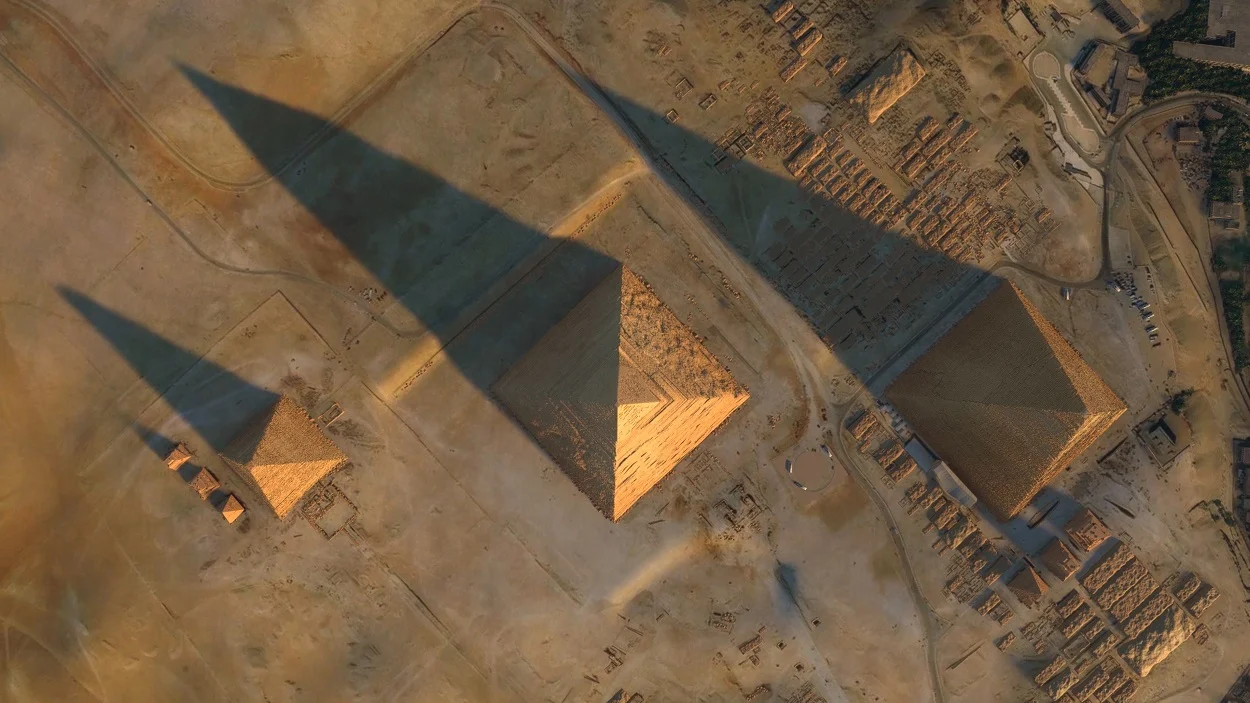Archaeologists from the Supreme Council of Antiquities have just announced the discovery of a hidden tunnel in the Great Pyramid of Giza, Egypt.
The Great Pyramid was built by the pharaoh Khufu, also known as Cheops, who was the second pharaoh of the 4th Dynasty during the first half of the Old Kingdom period (26th century BC).
The pyramid was constructed in the Giza Necropolis on the Giza Plateau, with construction estimated to have taken 27 years to complete.
Initially standing at 146.6 metres, the Great Pyramid was the tallest man-made structure in the world for more than 3,800 years.
Inside the pyramid are three known chambers: a rock-cut chamber in the bedrock which appears unfinished, while in the superstructure are the Queen’s and King’s chamber.
Surrounding the pyramid are two mortuary temples, three smaller pyramids for Khufu’s wives, a satellite pyramid and several mastabas for high-status officials and nobles.

In a press conference on the 02/03/2023, Egyptian officials have announced the detection of a 9 metre long tunnel behind the main entrance to the pyramid superstructure.
The discovery was made by the Scan Pyramids Project, a multinational study using the latest scientific equipment in infrared thermography, photogrammetry, 3D scanners and software reconstruction.
In the announcement, Mostafa Waziri, head of Egypt’s Supreme Council of Antiquities, told reporters that the tunnel was likely constructed as a functional architectural feature to relieve the weight of the pyramid, possibly on either side of the main entrance, or a another hidden chamber yet to be discovered.
Ministry of Tourism and Antiquities
Header Image – The Great Pyramid (centred) – Image Credit : Shutterstock





